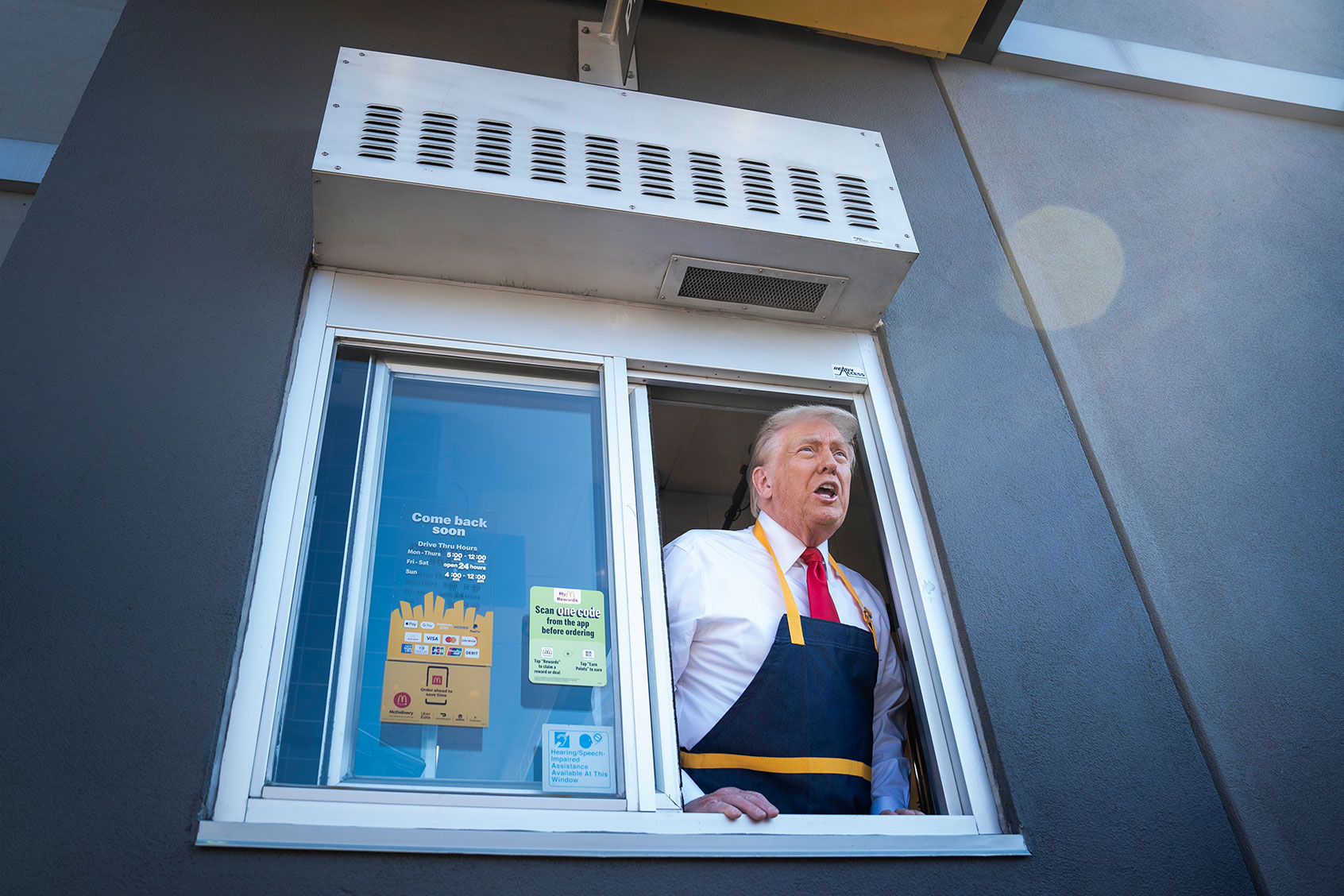Depending on who you ask, Donald Trump either made soda great again — or simply brought “Mexican Coke” to the suburbs. Last week, the former president claimed on Truth Social that Coca-Cola had agreed to swap high-fructose corn syrup for real cane sugar in its classic American cola. “It’s just better!” he declared, thanking “those in authority” at the company for listening.
Coca-Cola, for its part, confirmed this week that a new cane sugar version of Coke will launch in the U.S. this fall, citing product innovation and consumer preference. In a statement, the company nodded politely to Trump’s “enthusiasm.”
But if the move wasn’t entirely orchestrated by the 45th president, you’d be forgiven for thinking otherwise. After all, Trump has long approached brand loyalty the way most politicians approach policy: with conviction, spectacle and a deep belief in the power of name recognition.
Trump’s politics have never been about policy in the traditional sense. They’re about performance — and more specifically, about iconography. This is, after all, the president who installed a red button on the Resolute Desk, not to launch a nuclear strike or summon an aide, but to order a Diet Coke on demand.
More than any modern political figure, Trump understands Americana not as a set of civic ideals but as a series of visual and cultural reference points: a Big Mac, a branded fountain cup, a crisp paper bag passed through a drive-thru window.
However, in his hands, these symbols never quite land the way they’re supposed to.
Take, for example, Trump’s 2019 White House banquet for the Clemson Tigers. In place of the usual catered meal, guests were met with heat lamps glowing over stacks of Domino’s pizza, McDonald’s burgers and foil-wrapped fish sandwiches. Gravy boats overflowed — not with gravy, but with tubs of dipping sauce. Salad was technically available. The candlelit State Dining Room looked less like a seat of American power and more like the world’s most haunted drive-thru.
Trump, who indicated the menu was due to a government shutdown, personally footed the bill. “Great American food,” he called it, grinning in front of platters of Wendy’s.
In hindsight, the moment feels like a Rosetta Stone for his political aesthetics: a kind of populist cosplay that collapses grandeur and banality into the same tableau. The opulence of the White House, the informality of the food, the forced cheer of the players standing around Styrofoam boxes — it was spectacle with a barely disguised sneer. Not just a celebration, but a setup. A meal that dared critics to call it what it was: cheap, undignified, slightly absurd.
We need your help to stay independent
Trump’s fast food fixation has long been framed as relatable, even charming, the supposed quirks of a germaphobe billionaire who prefers predictable burgers over foie gras. But in practice, these food choices often serve a more pointed purpose: to mock traditional political decorum and to remind Americans that Trump doesn’t just reject the establishment — he eats it.
By summer 2024, Donald Trump’s re-election campaign had hit the drive-thru.
During a campaign stop in suburban Pennsylvania, the former president stationed himself behind the counter of a McDonald’s. He worked the fry station, handed out bags of food to pre-screened supporters, and grinned for the cameras — all under the golden glow of heat lamps and American brand loyalty.
It looked like garden-variety campaign theater: a billionaire pretending to be “just like us.” But this particular stunt had a more pointed target.
His opponent, then-Vice President Kamala Harris, has spoken often about working at McDonald’s while putting herself through college at Howard University — a biographical detail meant to root her in the reality of American labor. Trump, never one to let a personal story go unchallenged, took the opportunity to delegitimize it.
“I’ve always wanted to work at McDonald’s, but I never did,” he said to the franchise owner. “I’m running against somebody that said she did, but it turned out to be a totally phony story.”
Want more great food writing and recipes? Sign up for Salon’s free food newsletter, The Bite.
In that moment, Trump wasn’t interested in accuracy. He was claiming the more powerful prize: authenticity. Not the kind earned through a paycheck or a plastic name tag, but the kind manufactured in the glare of camera flashes and deep-fried spectacle. By stepping behind the counter, he wasn’t just cosplaying the everyman; he was positioning himself as the real one. And in doing so, he declared Harris’s own working-class experience — a Black woman’s experience — as fraudulent.
His devotion to McDonald’s, Domino’s and Coke isn’t just a palate preference. It’s performance art, a way of governing not through policy, but through leveraging symbols. A red hat. A paper cup. A “new” Coke that tastes just like the old one, but says something different when held in the right hands. In Trump’s America, meaning is manufactured — and often mass-produced.
Read more
from this writer


